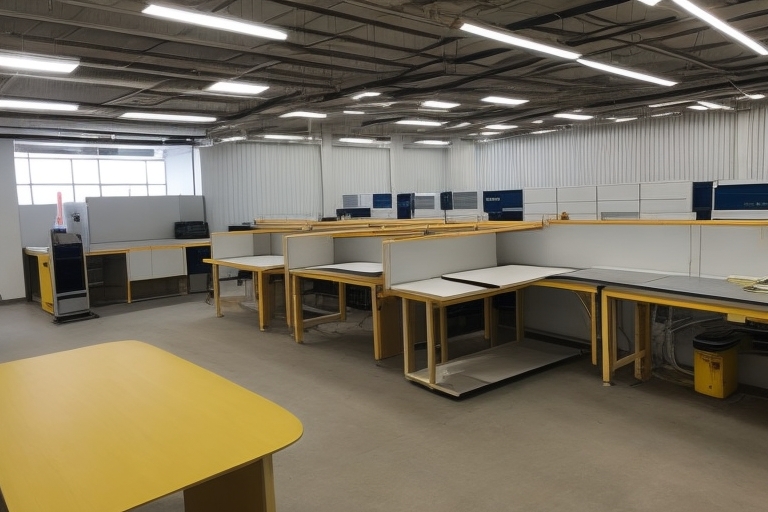Introduction
The commencement of a project is a pivotal moment in its lifecycle. Proper preparation before starting a project is vital to ensure a smooth and successful journey. From setting clear objectives to assembling the right team and defining processes, this article explores the essential steps and considerations for effective preparation before embarking on a project.

Define Clear Objectives and Scope
Before anything else, it’s crucial to establish a clear understanding of what the project aims to achieve and what it encompasses. The project’s objectives and scope should be defined in detail and documented. This ensures that all stakeholders share a common vision and have a reference point for decision-making throughout the project.
Key Aspects to Consider:
- Project Goals: What are the specific, measurable goals the project aims to accomplish?
- Scope Boundaries: What is included in the project, and equally important, what is not included (to prevent scope creep)?
- Success Criteria: How will you measure the success of the project?
Assemble the Right Team
The success of a project often hinges on having the right people with the right skills and expertise. Forming a capable project team is a critical step in project preparation. This involves selecting team members, defining roles and responsibilities, and ensuring that everyone understands their contributions to the project.
Key Considerations:
- Team Composition: Identify individuals with the necessary skills and experience to fulfill the project’s requirements.
- Clear Roles: Define roles and responsibilities within the team to avoid confusion and duplication of effort.
- Team Collaboration: Foster an environment of collaboration and open communication among team members.
Develop a Detailed Project Plan
A comprehensive project plan is the roadmap that guides project execution. It should outline the tasks, timelines, dependencies, and resources required to achieve project objectives. Developing a project plan ensures that everyone knows what is expected and how it will be achieved.
Components of a Project Plan:
- Task Breakdown: List all tasks and activities required to complete the project.
- Timeline: Establish realistic timelines for each task and the project as a whole.
- Resource Allocation: Identify the people, equipment, and materials needed for the project.
- Risk Assessment: Anticipate potential risks and develop strategies for risk mitigation.
Define Communication and Reporting Protocols
Effective communication is a cornerstone of project success. Establish clear communication channels and reporting protocols to keep stakeholders informed and address issues promptly. Regular status updates and reporting mechanisms help maintain transparency and accountability.
Communication and Reporting Considerations:
- Stakeholder Communication: Define how and when project updates will be communicated to stakeholders.
- Issue Resolution: Establish a process for identifying, escalating, and resolving project issues.
- Change Management: Outline how changes to project objectives or scope will be managed and approved.
Procurement and Resource Acquisition
Depending on the project’s requirements, you may need to procure external resources, such as equipment, software, or services. Proper procurement planning and resource acquisition are essential to ensure that the necessary resources are available when needed.
Procurement Steps:
- Identify Needs: Determine what resources are required for the project.
- Vendor Selection: Choose reliable vendors or suppliers if external resources are necessary.
- Contract Negotiation: Define the terms, conditions, and deliverables in contracts or agreements.
- Resource Allocation: Allocate and manage resources efficiently to avoid delays and bottlenecks.
Conclusion
Preparation for project start is a foundational step that sets the tone for the entire project lifecycle. Clear objectives, a capable team, a detailed project plan, effective communication, and resource acquisition are essential components of this phase. By investing time and effort in thorough project preparation, organizations increase their chances of delivering projects on time, within scope, and to the satisfaction of stakeholders. A well-prepared project is better equipped to navigate challenges, adapt to changes, and ultimately achieve its objectives.
